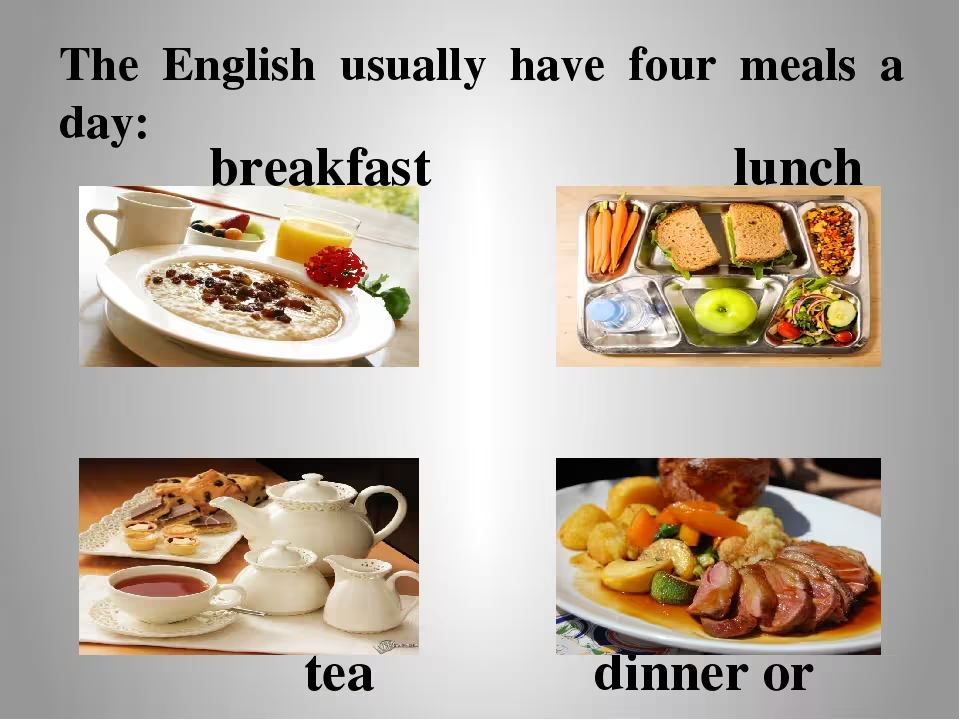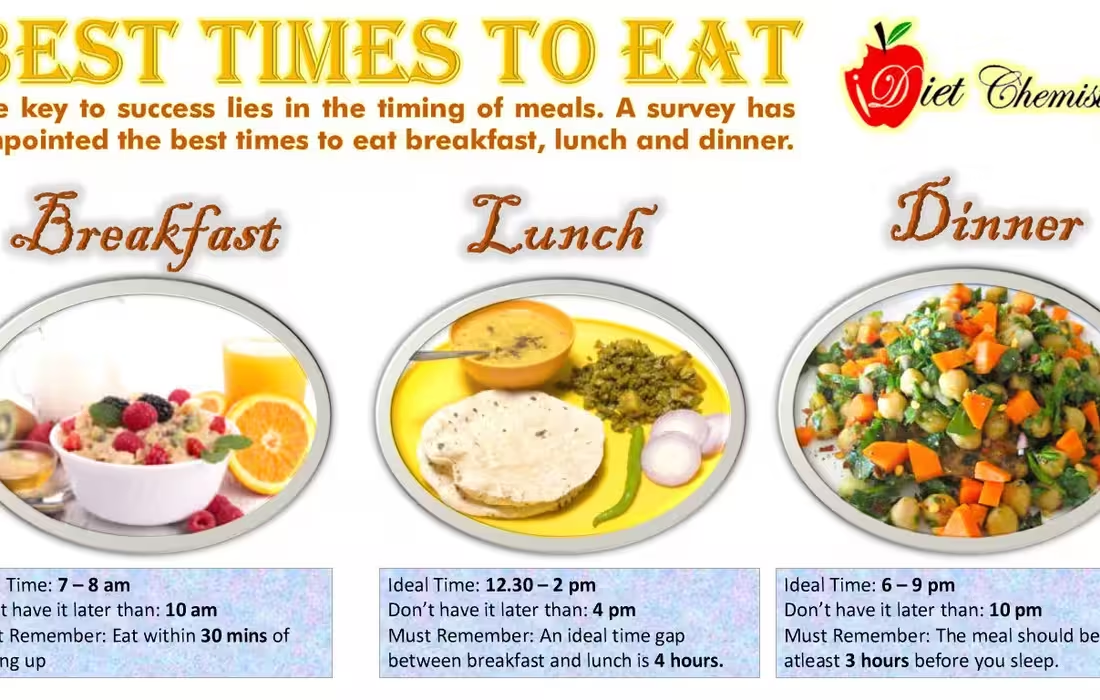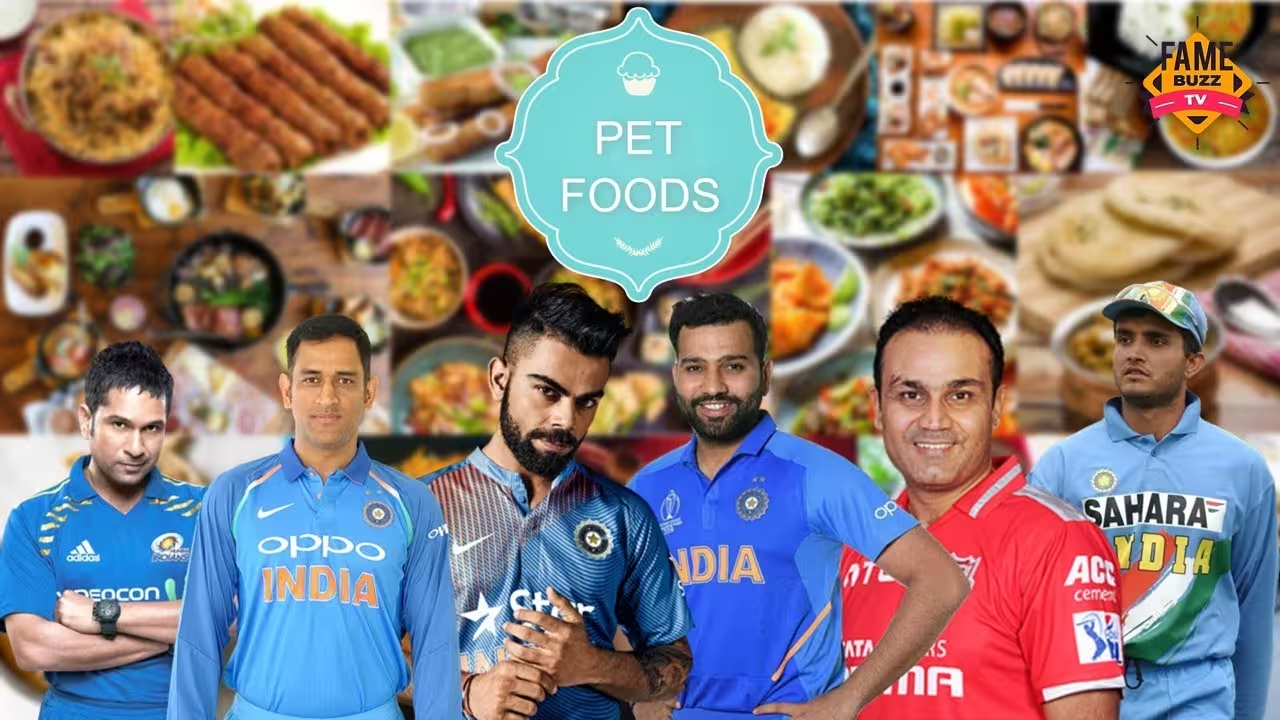Imagine this: you’re at the crease, cricket bat in hand, facing down a fierce bowler. To keep going strong through the game, your body needs fuel. But not just any fuel – cricket has specific dietary needs to power them through hours on the field. It’s a blend of energy, endurance, and focus, making what cricketers eat a serious game-changer.
In this article, we dive into every aspect of a cricketer’s diet. You’re in the right place if you’ve wondered what fuels these athletes, why certain foods matter, and how their diet supports peak performance. By the end, you’ll know exactly what cricketers eat, how they time their meals, and why these choices set them up for success.
Why Nutrition Matters for Cricketers
In a cricket game, players are on the field for hours, pushing their bodies to the limit. The energy needed to play cricket comes from a mix of carbohydrates, proteins, fats, and essential nutrients. Cricket is a unique sport because it demands both bursts of power and sustained energy. Think about a fast bowler racing in for a high-speed delivery – they need explosive strength. But they also need stamina to bowl repeatedly over several hours.
To sustain energy levels and keep mentally sharp, cricketers rely on a carefully balanced diet. Here’s a deeper look into what a cricketer’s meal plan might include.
Key Components of a Cricketer’s Diet
What do cricketers eat? Here are the essentials:
1. Carbohydrates – The Power Source
Carbohydrates are a primary energy source for cricketers. They provide the immediate fuel required for explosive actions, like sprinting, batting, and fielding.
Types of Carbs Cricketers Eat:
- Whole grains like oats, brown rice, and whole wheat bread for sustained energy.
- Fruits like bananas, apples, and berries for quick, natural sugars.
- Vegetables such as sweet potatoes and corn, which give a mix of simple and complex carbs.
Cricketers will often load up on carbohydrates the day before a game. This approach, called “carb-loading,” helps to stock up glycogen levels in their muscles, giving them enough energy reserves to play through the day.
2. Protein – The Muscle Builder
Protein is essential for muscle recovery, especially after hours of practice or an intense match. A cricketer’s body undergoes wear and tear during training, and protein helps rebuild muscle tissue, reduces soreness, and prepares them for the next game.
Protein Sources for Cricketers:
- Lean meats like chicken and turkey – packed with quality protein without excessive fat.
- Fish (like salmon and tuna), which is also rich in omega-3 fatty acids.
- Eggs, often included for breakfast as a versatile, high-protein food.
- Plant-based proteins like lentils, chickpeas, and quinoa for variety and additional fiber.
3. Healthy Fats – The Sustained Energy
Fats may not be the first thing that comes to mind in an athlete’s diet, but they’re crucial for maintaining stamina in long matches. Healthy fats provide energy and support brain health – key for focus and decision-making on the field.
Healthy Fat Sources:
- Avocados, packed with heart-healthy monounsaturated fats.
- Nuts and seeds (almonds, chia seeds, etc.), offering protein and healthy fats.
- Olive oil as a dressing or cooking base – adds flavor while keeping it healthy.
Including fats in their diet means cricketers can maintain their energy levels over longer periods, especially useful during day-long matches.
4. Hydration – The Vital Element
Hydration is often underrated but critical. Cricket matches can last several hours, often in hot weather. Dehydration leads to fatigue, loss of focus, and decreased performance.
Hydration Tips for Cricketers:
- Water is a constant companion. Cricketers drink water before, during, and after games.
- Electrolyte drinks like sports drinks help replace sodium, potassium, and magnesium lost through sweat.
- Coconut water offers a natural source of electrolytes and is a preferred choice for some athletes.
Meal Timing and Frequency – Eating to Win

Cricketers don’t just focus on what cricketers eat but also when cricketers eat. A structured eating schedule can help them perform at their peak.
Pre-Game Meals
Before a game, cricketers load up on complex carbs and lean protein, ensuring they have long-lasting energy without feeling sluggish.
Examples of Pre-Game Meals:
- Oatmeal with berries and a boiled egg.
- Whole grain pasta with grilled chicken.
- A smoothie with bananas, spinach, and a scoop of protein powder.
Pre-game meals are typically consumed 3-4 hours before a match. Around 30 minutes before, cricketers eat might have a light snack like a banana or energy bar.
During the Game
Cricketers have snacks and small meals throughout the game to keep their energy up. They prefer quick-digesting carbs and easy-to-cricketers eat foods.
Snacks During a Match:
- Fruit, like bananas or apples, for an energy boost.
- Energy bars or gels, offering simple sugars.
- Nuts for a blend of carbs, fats, and protein.
Post-Game Recovery
After a game, cricketers focus on muscle recovery with protein and carbohydrates.
Typical Post-Game Foods:
- Grilled chicken wrap with vegetables.
- Protein shakes, especially if they need quick recovery.
- Brown rice with lean meat and a side of veggies.
Post-game meals are all about restoring glycogen levels and promoting muscle recovery, so cricketers are ready for their next training session or game.
The Role of Supplements in a Cricketer’s Diet
While real food remains the primary fuel source, supplements can provide an extra edge for cricketers. Here’s a look at some commonly used supplements:
1. Protein Powder
Used to aid muscle recovery, especially when eating a protein-rich meal isn’t possible right after a game.
2. Creatine
Often used to enhance strength and endurance, especially beneficial for fast bowlers and batsmen who require explosive power.
3. Multivitamins
To ensure they’re not missing out on essential vitamins and minerals, especially during intense periods of travel and play.
4. Omega-3 Fatty Acids
Important for joint health and reducing inflammation, crucial for recovery and overall mobility.
Daily Diet Plan: A Day in the Life of a Cricketer’s Meals

cricketers eat’ eating routines are strict and carefully timed, ensuring they maintain peak energy and endurance during training and matches. Here’s a sample daily diet plan showing what cricketers eat:
Breakfast
Starting the day with a solid meal fuels morning training sessions and sets up an energy reserve for the rest of the day. A cricketer’s breakfast typically includes:
- Oatmeal with nuts, seeds, and berries: High in fiber and complex carbs, this is a slow-release energy source.
- Scrambled eggs or an egg-white omelets: Providing protein for muscle recovery and growth.
- Smoothie with spinach, banana, and protein powder: A quick, nutrient-dense option to fill any gaps.
Mid-Morning Snack
Between training sessions, a small snack keeps blood sugar levels stable and muscles fueled.
- Greek yoghurt with a handful of mixed nuts: This provides protein, healthy fats, and a bit of sweetness to satisfy cravings.
- Apple slices with almond butter: Offers simple carbs and protein in a quick, portable snack.
Lunch
Lunch is designed to keep them energized through training or practice sessions later in the day.
- Grilled chicken or fish with a side of brown rice and steamed vegetables: A balance of lean protein, complex carbs, and vitamins.
- Quinoa salad with mixed greens, cherry tomatoes, cucumber, and a sprinkle of feta cheese: For those needing a lighter option that’s still nutrient-packed.
Afternoon Snack
In the afternoon, cricketers eat a light snack to sustain energy levels.
- Protein shake with added berries or a banana: A great option for busy schedules, helping with muscle recovery.
- Rice cakes topped with avocado and smoked salmon: Easy to prepare, offering healthy fats and protein.
Dinner
Dinner tends to focus on recovery and providing the body with nutrients to repair itself overnight.
- Salmon or another fatty fish, for its anti-inflammatory omega-3s.
- Sweet potato mash with a side of steamed green vegetables: Both provide complex carbs and essential nutrients.
- Lentil stew or a chickpea curry for plant-based athletes, offering plant protein, fiber, and micronutrients.
Evening Snack (Optional)
If training has been intense or if there’s a game coming up, cricketers may have a final snack before bed.
- Casein protein shake: A slow-digesting protein that supports muscle recovery overnight.
- Cottage cheese with a few berries: Low in calories but high in protein, ideal for maintaining muscle without overloading on calories.
The Cricket Off-Season Diet – Fuel for Training, Rest, and Recovery
During the off-season, cricketers adjust their diets to focus on recovery and building strength. This period is less about endurance and more about maintaining fitness levels, repairing any injuries, and gaining muscle if needed.
Off-Season Food Focus
- Increased Protein
Cricketers may boost their protein intake to support muscle growth during weight training sessions, which are more frequent in the off-season. - Balanced Carbs
They reduce the quantity of carbs compared to the in-season, as they aren’t spending hours in high-intensity matches. However, they still include complex carbs in moderate amounts for training energy. - Essential Fats
Foods rich in omega-3s, like fish and chia seeds, help reduce inflammation and aid recovery.
By the time the season kicks back in, cricketers have used the off-season diet to recover fully, correct any physical imbalances, and build strength.
Common Mistakes Cricketers Avoid in Their Diets

Not all diets are created equal. Here are some diet pitfalls cricketers steer clear of:
- Skipping Breakfast
Skipping breakfast can mean low energy during morning training sessions. Cricketers make breakfast a priority to start the day with proper fuel. - Relying on Junk Food
Processed foods high in sugar and unhealthy fats can cause sluggishness and affect performance, so cricketers avoid them to keep their energy steady and mental focus sharp. - Low Protein Intake
Protein is essential for muscle recovery, so skimping on it can slow down recovery and weaken performance over time. - Inadequate Hydration
Even mild dehydration can reduce stamina and mental clarity, so cricketers keep water and electrolyte drinks on hand at all times.
Cricketers’ Favorite Foods – A Glimpse into the Pros’ Plates
cricketers eat often have favorite go-to foods that make eating healthy enjoyable. Here’s a look at some popular choices:
- Chicken and Rice: An absolute staple, providing lean protein and carbs.
- Smoothies: Great for a quick meal, packed with fruits, greens, and protein powder.
- Grilled Fish: Salmon or tuna is often preferred for its flavor and omega-3 benefits.
- Salads with Protein: Whether it’s chicken, eggs, or tofu, salads are a versatile, nutrient-rich option.
FAQ: What Do Cricketers Eat?
1. What do cricketers eat before a game?
Cricketers focus on carbs and lean protein. A few hours before a match, they might cricketers eat oatmeal, grilled chicken, or pasta with veggies. Just before the game, they might have a banana or a small snack for a quick energy boost.
2. Do cricketers use supplements?
Yes, many cricketers use supplements like protein powder, creatine, and multivitamins to support their diet and recovery. However, they’re careful to ensure these are safe and approved by sports authorities.
3. How important is hydration for cricketers?
Hydration is critical. Cricketers drink water and electrolyte drinks consistently to stay hydrated, especially in hot weather. Dehydration can impact their focus and stamina, so it’s a key focus.
4. What do cricketers eat after a game?
Post-game meals are focused on recovery, with protein and carbs. Common options are a grilled chicken wrap, a protein shake, or rice with lean meat.
5. Do cricketers eat junk food?
While cricketers eat might enjoy a treat occasionally, they generally avoid junk food to stay in peak condition. Their diet focuses on balanced, nutritious foods that fuel performance.
Final Thoughts
Cricketers know that what cricketers eat impacts every move on the field. Their diet isn’t just about calories – it’s carefully planned to fuel energy, strength, and endurance. Whether it’s carb-loading the night before, snacking between innings, or refueling after the game, these athletes have nutrition down to a science.
From wholesome carbs to lean proteins and healthy fats, cricketers eat’ food choices keep them playing at their best, match after match. Next time you’re watching a game, you’ll know the secret – a top-notch cricket performance starts with what cricketers eat.

